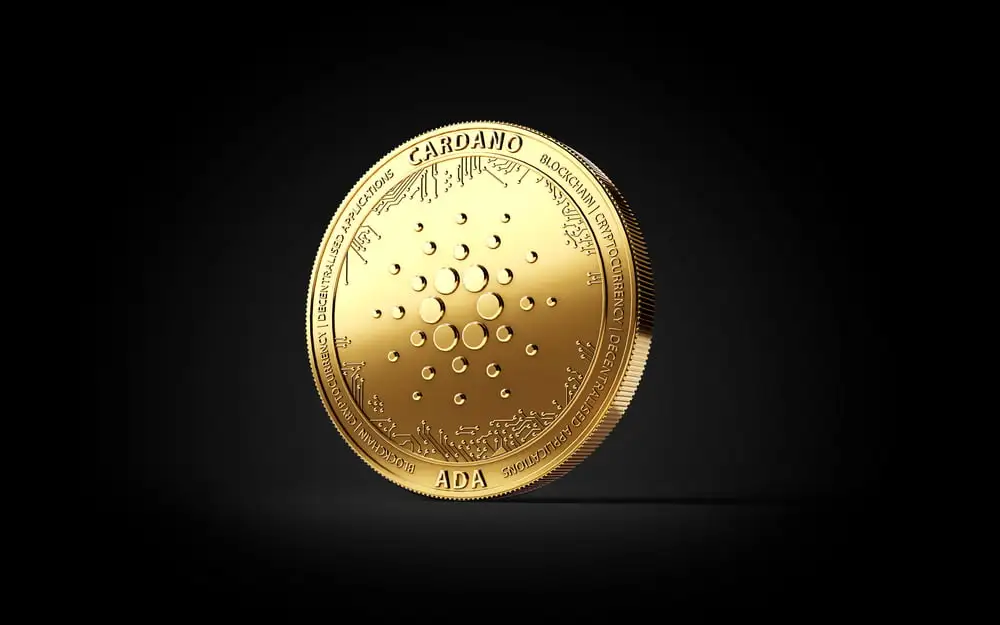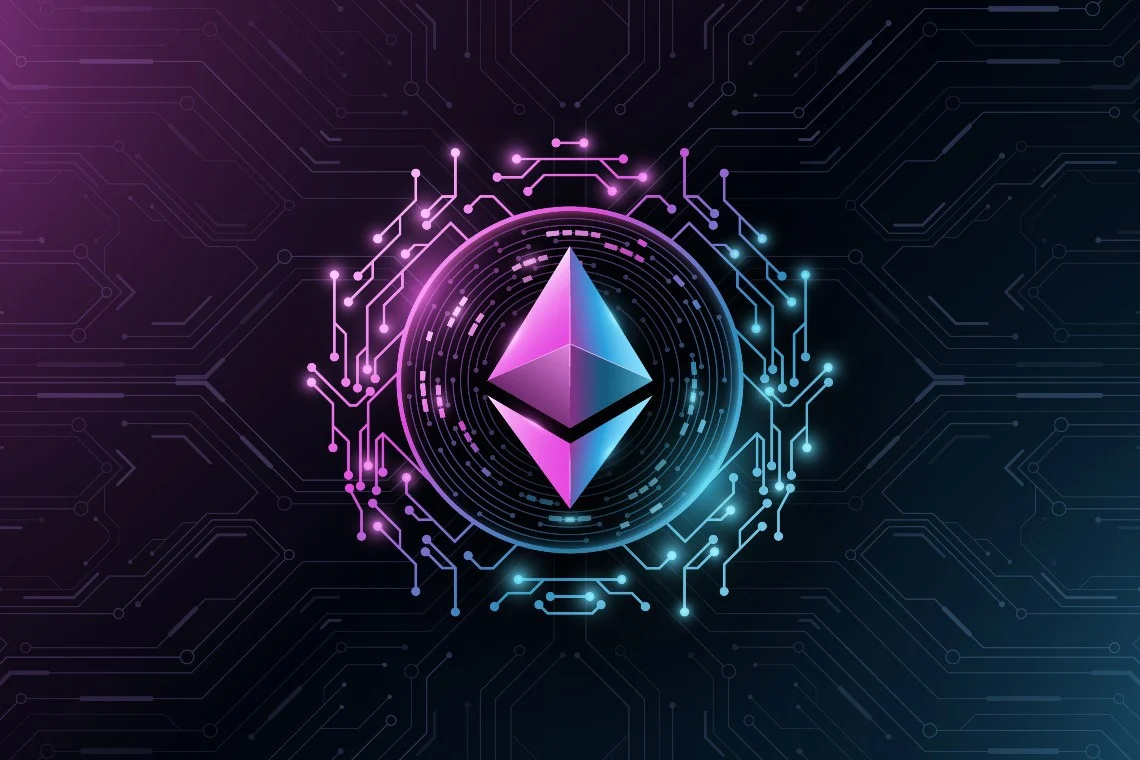|
Getting your Trinity Audio player ready...
|
In the rapidly evolving world of blockchain, Cardano’s founder, Charles Hoskinson, is championing a governance model that aims to prevent the pitfalls of both Ethereum’s “dictatorship” and Bitcoin’s “anarchy.” Speaking at Token2049 in Singapore, Hoskinson articulated a bold vision for Cardano’s future during its Voltaire era—a new phase focusing on decentralized governance.
A Unique Approach To Governance
Hoskinson didn’t hold back when critiquing Ethereum’s governance structure, claiming it leans too heavily on its co-founder, Vitalik Buterin. He argued that while Bitcoin maintains a simple protocol, Cardano’s new governance framework actively engages its community, circumventing the extremes of both Ethereum and Bitcoin. “You can either choose to keep the protocol forever simple, like Bitcoin, or pick a king to run things,” Hoskinson explained. Cardano, however, has opted for a balanced approach that addresses the “governance trilemma” of efficiency, effectiveness, and integrity.
This innovative framework relies on delegated representatives and a member-based organization called Intersect, which helps to distill complex governance topics into actionable votes. This structure ensures that Cardano evolves without being beholden to any single individual’s vision, contrasting sharply with Ethereum’s model, where Buterin’s influence looms large.
The Risks of Centralization
In a pointed critique, Hoskinson described Ethereum’s dependence on Buterin as akin to a “dictatorship.” He noted that if Buterin were to step away, the direction of Ethereum could become uncertain. “Everybody looks to him for the roadmap and inspiration,” Hoskinson stated, highlighting a critical vulnerability in Ethereum’s governance.
He elaborated on the implications of Buterin’s influence, particularly his decision to pivot Ethereum’s roadmap away from sharding-based optimizations toward rollups and layer-2 networks. This shift has drawn criticism for inadvertently empowering “extractive L2s,” particularly as fee revenues and activity on the Layer 1 network have dwindled.
Cardano’s Resilient Governance Framework
Hoskinson, who co-founded Ethereum before diverging from Buterin’s vision, emphasized that Cardano’s governance model is engineered to ensure longevity and innovation, regardless of individual contributors. “Charles, alive or dead, doesn’t matter. There’s still going to be innovation on a daily basis,” he asserted.
The recent Chang hard fork has transformed Cardano’s ADA asset into a governance token, allowing holders to elect representatives and vote on crucial development proposals. This move signifies a significant shift away from the traditional governance model, where founding entities could unilaterally trigger forks and upgrades.
Hoskinson envisions a future where the interplay between the research and engineering community—embodied in Intersect—and the elected delegates fosters a collaborative model. “They can talk to each other, vote, and use a blockchain-based government to ratify a roadmap regularly,” he explained, underscoring the importance of community engagement in decision-making.
Also Read: Cardano (ADA) Surges 4.37% – Will Ouroboros Leios Upgrade Boost Price Amid Declining Whale Interest?
Cardano is also in the process of finalizing a constitution that will establish hard limits on key governance issues, including supply and governance mechanisms. This constitution aims to provide a clear framework that enhances transparency and community involvement.
Cardano’s governance overhaul marks a significant step toward a more inclusive and resilient blockchain ecosystem. By sidestepping the extremes of centralization and anarchy, Hoskinson’s vision for the Voltaire era promises to empower a decentralized community capable of driving continuous innovation. As the landscape of blockchain technology continues to evolve, Cardano stands poised as a compelling model for the future of decentralized governance.
Disclaimer: The information in this article is for general purposes only and does not constitute financial advice. The author’s views are personal and may not reflect the views of Chain Affairs. Before making any investment decisions, you should always conduct your own research. Chain Affairs is not responsible for any financial losses.
I’m a crypto enthusiast with a background in finance. I’m fascinated by the potential of crypto to disrupt traditional financial systems. I’m always on the lookout for new and innovative projects in the space. I believe that crypto has the potential to create a more equitable and inclusive financial system.




